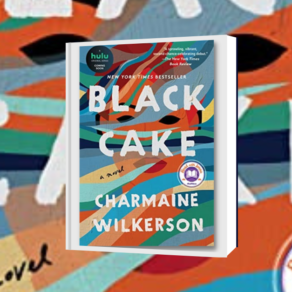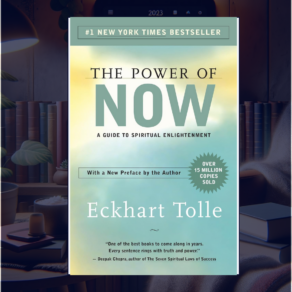In “The Bright Hour: A Memoir of Living and Dying“, poet and essayist Nina Riggs gracefully and poignantly chronicles her personal journey navigating life and impending death, while shining a light on life’s ephemeral beauty.
At the tender age of 37, Riggs’ life took a drastic turn when she was diagnosed with a small spot of breast cancer. Her diagnosis quickly escalated to terminal within a year. As she grappled with her fate, Riggs boldly explored the concept of living in the present, unattached to the outcomes of an uncertain future.
The memoir delves into the intricate fabric of Riggs’ life—her roles as a mother, wife, and friend. It offers a heart-wrenching, yet inspiring portrayal of her efforts to prepare her loved ones for a future without her, and their collective endeavor to shape their lives in the face of impending loss.
Riggs’ narrative is interspersed with profound questions about existence and legacy—what makes life worth living when time is limited? How does one wish to be remembered? Influenced by literary greats such as Ralph Waldo Emerson, her ancestor, and her muse, Montaigne, Riggs finds solace in their works, viewing them as a source of consolation and spiritual reflection.
“The Bright Hour” is a testament to the human spirit, a narrative of resilience and hope that transcends the tragedy of Riggs’ illness. Even in her darkest hours, Riggs finds elements of joy and humor, illuminating the deep beauty in every aspect of life. Her story is an eloquent reminder to cherish every moment, to find brightness even when the days seem dim.
Written with raw honesty and heartrending humor, Riggs’ memoir is not just a guide on how to face death, but a narrative that encourages its readers to truly understand and appreciate the art of living. Even as the specter of death looms over her, Riggs demonstrates an astonishing ability to live – not just exist, but to embrace life in all its imperfect beauty.
The Bright Hour Book Club Questions
Here are some book club questions for The Bright Hout:
- “The Bright Hour” is as much a book about living as it is about dying. How does Riggs’ approach to her impending death change her perspective on life?
- Riggs draws on literary influences such as Emerson and Montaigne throughout her memoir. How do these references influence and enrich her narrative?
- How does Riggs balance her roles as a wife, mother, friend, and daughter while also facing her terminal illness? What insights does she offer about these relationships?
- The memoir is filled with humor and laughter despite the tragic circumstances. How does this tone affect your reading experience? How does it reflect on Riggs’ personality and outlook on life?
- Riggs explores the question of legacy, especially as she contemplates her children’s future without her. How does she envision her legacy, and how does it shape her decisions and actions?
- Riggs explores the dichotomy of fear and hope, often side by side. How does she manage these seemingly contrasting emotions? How does this relate to your understanding of coping with adversity?
- The title of the book, “The Bright Hour,” is drawn from a phrase by Ralph Waldo Emerson. How does this title encapsulate the themes of the memoir?
- How does Riggs’ writing about her experience affect your understanding of terminal illness, death, and grieving?
- Throughout the memoir, Riggs writes about the dichotomy of living fully while preparing for death. How does this shape her narrative and interactions with her loved ones?
- Riggs’ story is one of resilience and courage. In what ways does she demonstrate these qualities? How does this influence your view of her as a person and as a writer?
I hope you find The Bright Hour summary helpful!







